On the outskirts of Atlanta, the small city of Clarkston, Ga., has an inspiring claim to fame: Almost a third of its population is foreign-born. Time magazine once referred to it as the “most diverse square mile in America,” due at least in part to the fact that the United Nations has been resettling as many as 2,000 refugees in the Atlanta area every year for the past 30 years.
That last statistic is one among many sited by the website of a new nonprofit specialty coffee company in Clarkston called Refuge Coffee Company, centered on a drink-serving coffee truck and devoted to providing job training and gainful employment to refugees.
“No matter what your economic status or what level of privilege you had in your home country, it’s all kind of washed away, everything gets shaken up and then you find yourself in a brand new place,” Refuge Coffee Company Director of Operations Caleb Goodrum said of the situation experienced by his trainees and staff. He said one of Refuge’s baristas had described it as like going to a different planet.
The challenge of easing resettlement and helping people with vastly different and sometimes harrowing backgrounds to start anew in Georgia is a responsibility Refuge takes very seriously, and to aid in this success, they take their coffee equally seriously.
Sourcing roasted goods from nearby faith-based, addiction-recovery-focused nonprofit micro-roaster Safehouse Coffee Roasters, Refuge sends beans through a Mahlkonig K30 Air grinder prior to drink prep on a sturdy La Marzocco Linea EE, with a Mahlkonig Tanzania grinding decaf espresso as well as filter coffees brewed on a Fetco brewer.
The program provided by the 501 (c)(3) involves a year-long commitment to a paid, full-time coffee job with Refuge, learning about coffee and gaining skills and experience in that setting. There are also weekly classroom training sessions oriented toward supporting refugees in taking the steps to achieve the kind of employment they’re most interested in for the long term. This includes developing some basic skills, if need be, in such areas as communication and technology, interview preparation and resume-building, as well as more specific steps towards licenses or certifications in recipients’ particular fields of interest, or in some cases, expertise.
One of Refuge’s next steps is to establish a more permanent location in Clarkston. With the new year, the company has just rolled out its second truck, which freed up their original truck to drop anchor as the de facto service counter supporting a café set-up they have established on the site of a former gas station. There’s outdoor seating under what was once the awning over gas pumps, and inside the building there’s more seating, as well as heating and restrooms.
“I guess it’s like step one towards having a café,” said Goodrum,” but I think if there’s a next step, I would hope that it would be brick and mortar place in Clarkston.”
Goodrum explained that while having hundreds of brief, technical but friendly interactions in English every day is of course invaluable training on a number of levels, but the human aspect is just as important, if not more so.
“When you’re a part of a coffee shop, you get to just be nice to people, and have them respond in kind,” Goodrum said. “That’s been the best thing for these guys in a lot of ways.”
Some customers also come to Refuge with the intent to support the company’s mission in ways that go beyond the commercial exchange.
“One of the best things that’s come out of being a nonprofit that serves refugees and also being a coffee shop is that we’ve really had a lot of our customers invest in our trainees and in other immigrants who are not in our immediate circle of trainees in really cool ways — like every holiday, everybody’s got somebody’s house to go to if they’re not celebrating it on their own,” said Goodrum. “People have come around our staff in a really cool way.”
Howard Bryman
Howard Bryman is the associate editor of Daily Coffee News by Roast Magazine. He is based in Portland, Oregon.



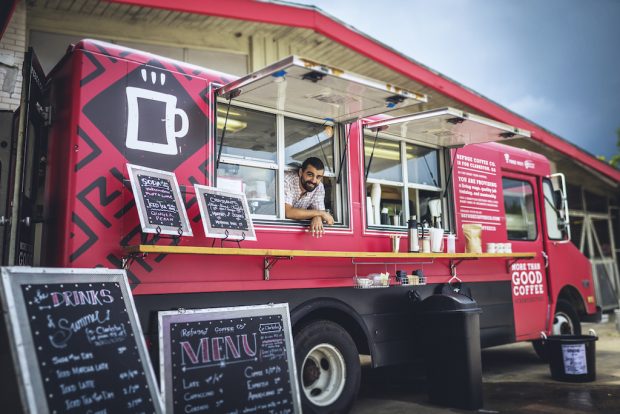
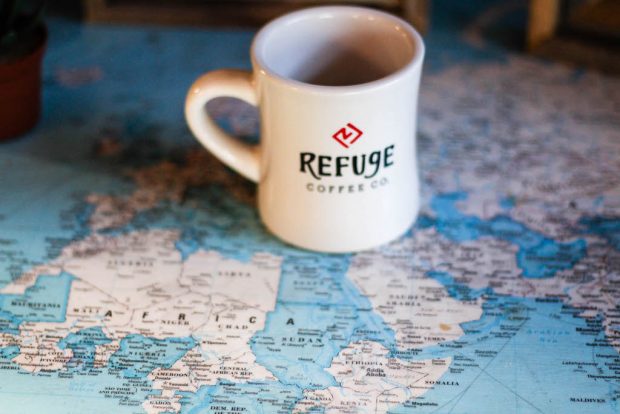
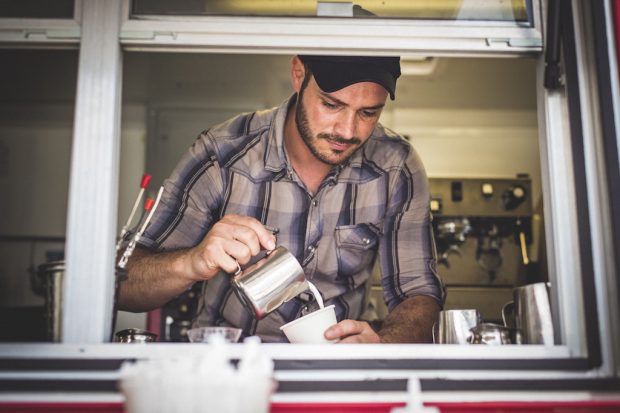
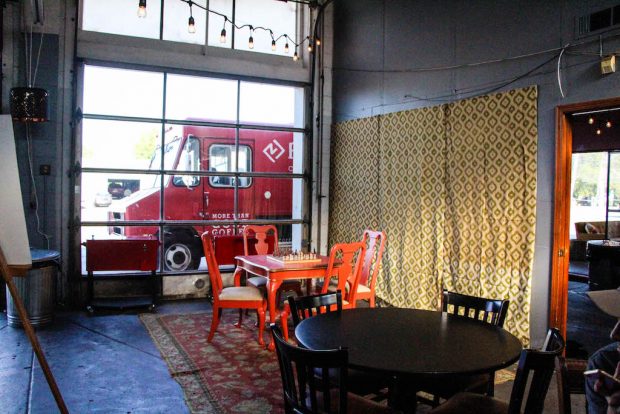
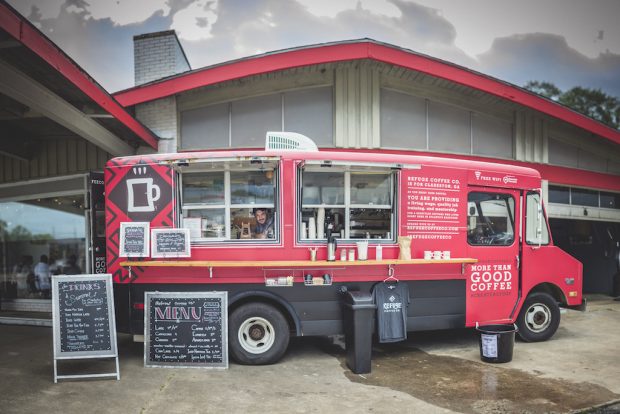
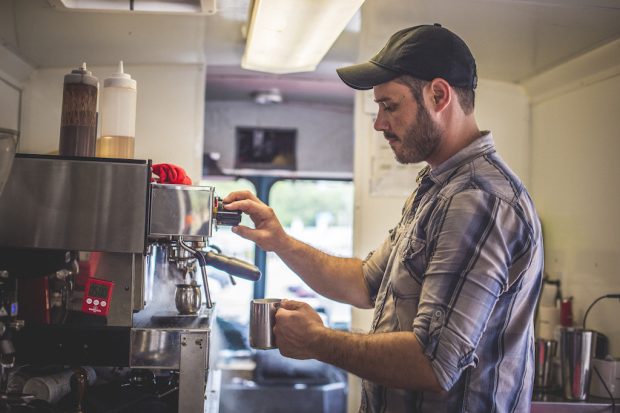



Comment